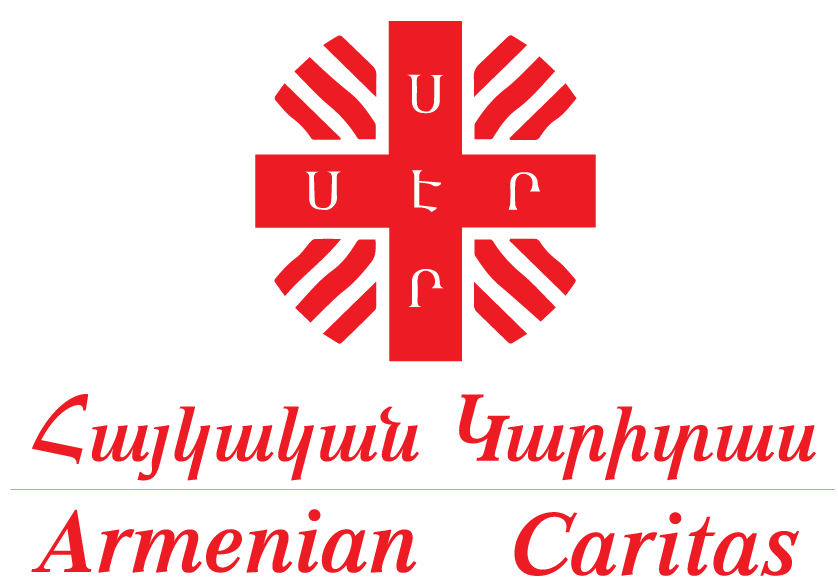Location: Emily Aregak Center
Duration March 1, 2024-December 1, 2024
Project Goal
To contribute to the physio-psychosocial rehabilitation of children with special needs aged 3 to12 and empowerment of their families.
Objectives
- To provide high quality services for children with disabilities
- To provide psychological and social assistance to families with children with disabilities.
- To provide information and raise awareness for the needs and potentials of people with disabilities in the Armenian society
Objective 1. To provide high quality services for children with disabilities
Activity Cluster 1.1 – Therapeutic Services for Disabled Children
Objectives:
- To improve the capabilities of children with multiple disabilities to lead self-determined lives
- To assist in the physical and mental development of the children with multiple disabilities
- To support the development of self-expression through specialized therapies
Outputs:
- 60 children with disabilities received therapeutic services
The following therapeutic services are provided at the Center:
Physiotherapy
Physiotherapy is one of the key components of the developmental services. The physiotherapist conducts rehabilitative-developmental activities with the disabled children attending the center, sometimes in the presence of their family members as a form of consultation. The physiotherapist also holds regular training sessions for the staff, volunteers and the children’s family members on types of disabilities and the special care of disabled children.
Ergo-therapy
Ergo-therapy helps to increase the functional capacity of the individual (testing of common activities) to improve general and fine motor skills for the patients to be able to perform tasks in everyday life. Ergo-therapy is also very important for strengthening the motivation of a handicapped person. The ergo-therapist conducts individual and group therapies with the disabled children of Emili Aregak via developmental games, applications, preparing of collages, etc. She shares her information with the other staff members about the on-going therapeutic processes with children. Depending on the type of disability, the ergo-therapist focuses especially on the arm and forearm exercises, on the leg, ankle and shank exercises, but also on head, neck, chest and spine exercises. Many times, the disorders are combined, which means that the locomotory disorders are often connected with mental disorders of the patient, affecting also his/her cognitive functions and speech. Because of this, the cooperation among ergo-therapist, psychologist and speech therapist is necessary in these cases. Ergo-therapy is carried out by a trained ergo-therapist, the procedure has to be prescribed by a doctor and the duration of the therapy is 30 minutes.
Psychological services
The psychologist conducts individual and group therapy with disabled children. A part of individual therapy sessions are conducted with the participation of the children family members. The psychologist also holds training sessions for the staff and volunteers of the Center. The psychologist also provides recommendations to other staff members about the approaches and methodologies to be used. The psychologist conducts weekly meetings with parents and organizes self support groups for mothers.
Art therapy
The Art Therapist conducts group and individual therapy with the children using colour and clay therapies. During the group therapies the family members of the children are also present, as well as, one of the staff members (psychologist, ergo-therapist, group leader, etc.). Exhibitions of the children’s drawings are organized and they are be published in the form of booklets, cards, etc. Collaborations with groups of artists, art-therapists are established. Individual plans are developed for each of the child (the current attendees already have) and according to these plans the therapies are conducted.
Music therapy
Music therapy is an inestimable value for children who have difficulties in hearing, seeing, moving, thinking or responding. A single instrument can possess qualities of sound and tone irresistible enough to reach a child in a direct, uncomplicated manner. By means of therapeutic music we can assist these children who experience severe obstacles in forming relationships with other children, adults and their environment. They can achieve security and joy in making music. Music contributes to: reasoning ability, reading skills, feelings and response, personal fulfilment, language development, the promotion of communication, motor control and physical well-being, positive attitudes to school, socializing and pleasurable experiences in a group. The music therapist works with other therapists to achieve the best results. The music therapist develops an individualized program for each child. The children participate in individual and group therapies with other children of Emili Aregak Center. The music therapist also organizes events where children perform themselves.
Target Group
The project target group will be 60 children aged 3-12 with special needs.
Beneficiary Selection Criteria
- Children with disability
- Limited mental and physical skills and disorders
- Difficult life situations
- Speech disorders
- Mental retardation
- Autism, hyperactivity
- Communication and interpersonal issues: aggression, shyness, selective mutism
- Lack of motivation and inferiority complex
- Weakly developed cognition
- Traumatized and stressed children
Donor: CNEWA
Approved Amount: USD 55.000.00
